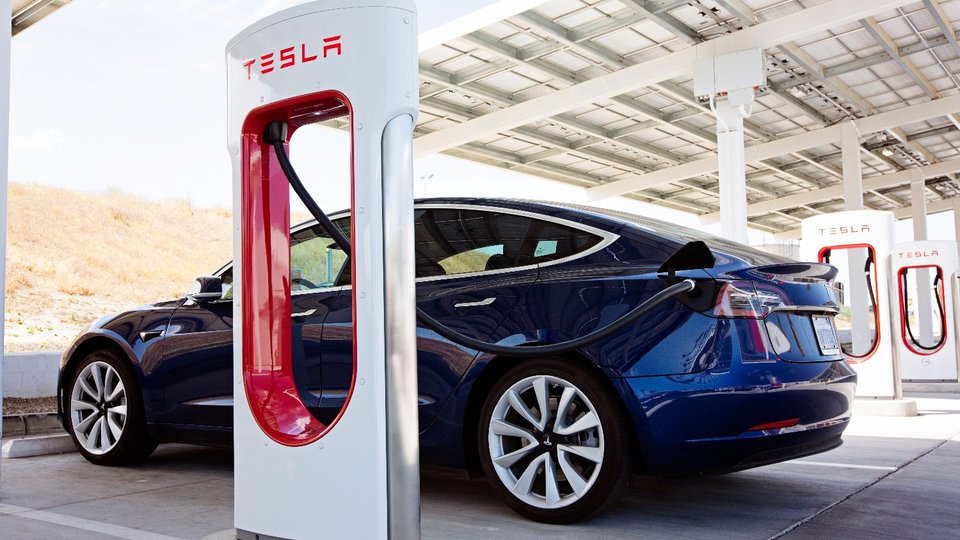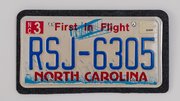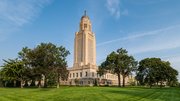Hardware
Tesla bids to become standard EV charging port

June 12, 2023
Tesla has made a bid to have the standard EV charger port in the U.S. by allowing other automakers to use its charging connector design. Steve Wilmot, a columnist for The Wall Street Journal, argues in a recent podcast that Tesla's success in becoming that standard could rest on whether or not the automaker qualifies for federal funding.
Tesla, which dominates the EV market, has opened its charging connector, which combines alternating and direct current charging, to other automakers. Tesla originally required other automakers to sign its patents pledge, which allows Tesla to use the other automaker's connector in exchange for using Tesla's. Tesla has since shared its design with other automakers without requiring them to sign its patent pledge.
Tesla claims that it made this move to support interoperability to accelerate the global transition to sustainable energy.
Wilmot, however, believes there is another reason.
To be eligible for government EV funding, chargers must be able to charge more than one brand of vehicle. If another automaker puts a Tesla charging port on its vehicle, Tesla could possibly be eligible for funding.
The Biden Administration wants to create one EV charging cable. If the U.S. were to adopt the combined charging system that most U.S. automakers have adopted as the U.S. charging standard, Tesla may need to adapt its vehicles and chargers.
Automotive analysts say it is unlikely major automakers will adopt Tesla's after they've invested in CCS.
One automaker, Aptera Motors Corp. based in Carlsbad, California, has said it will put Tesla's port on its vehicles and has ran campaign to promote Tesla's charger the U.S. standard.
The question is whether Tesla will now receive federal funding.
The Federal Highway Administration has said it is finalizing the minimum standard for funding EV chargers but it will support chargers that are interoperable among different EVs.
There are currently less than 10,000 CCS charging stations, compared to more than 27,000 Tesla stations.
 ChatGPT
ChatGPT Grok
Grok Perplexity
Perplexity Claude
Claude










